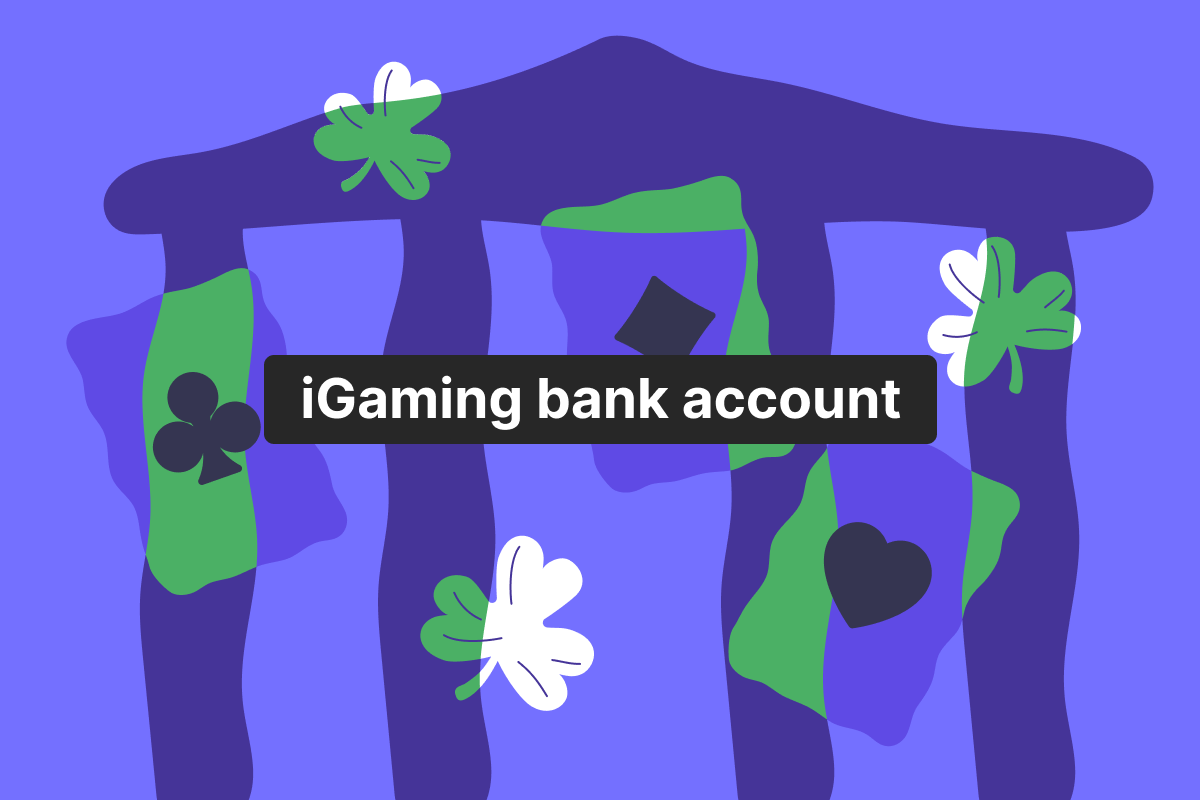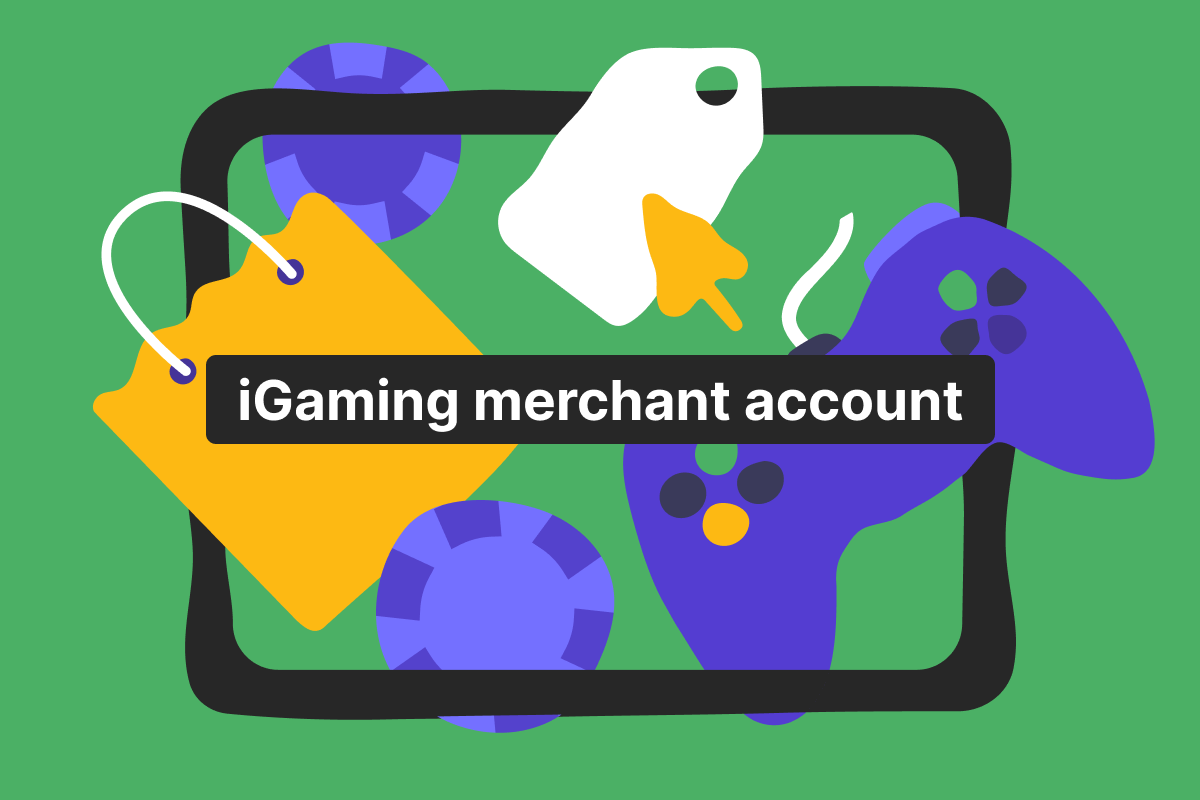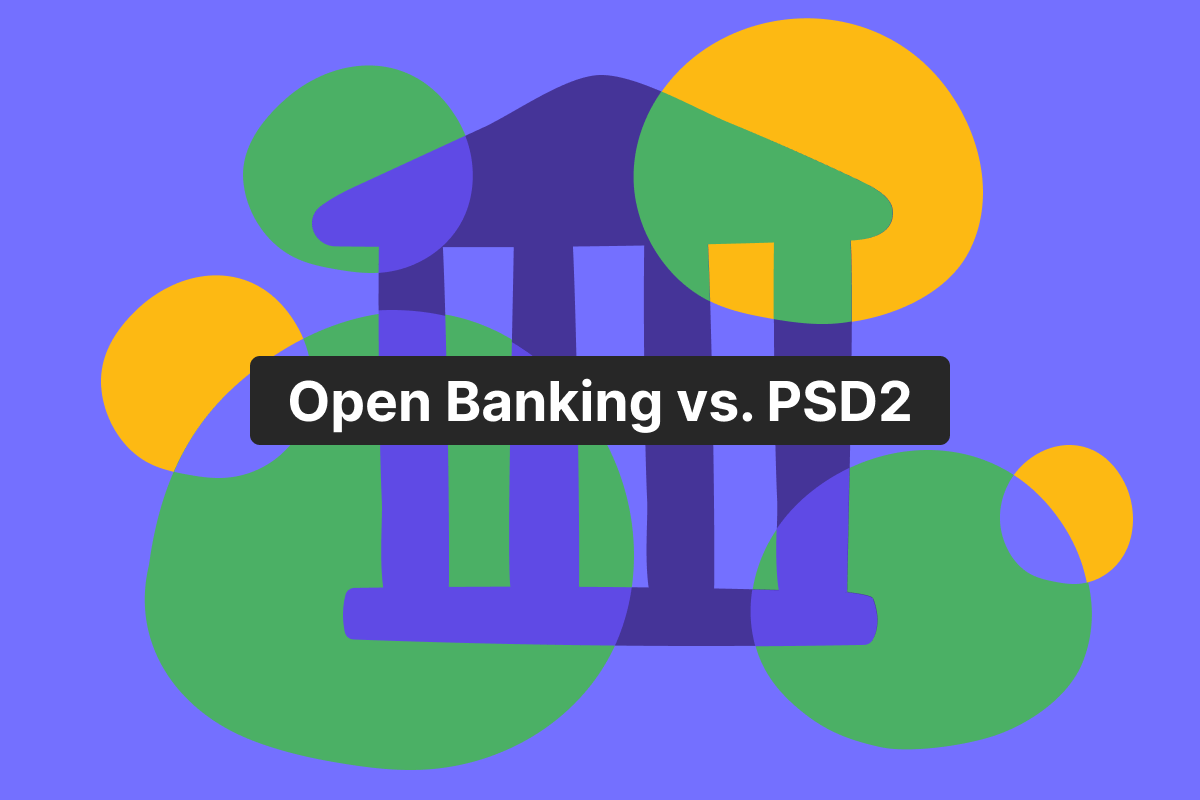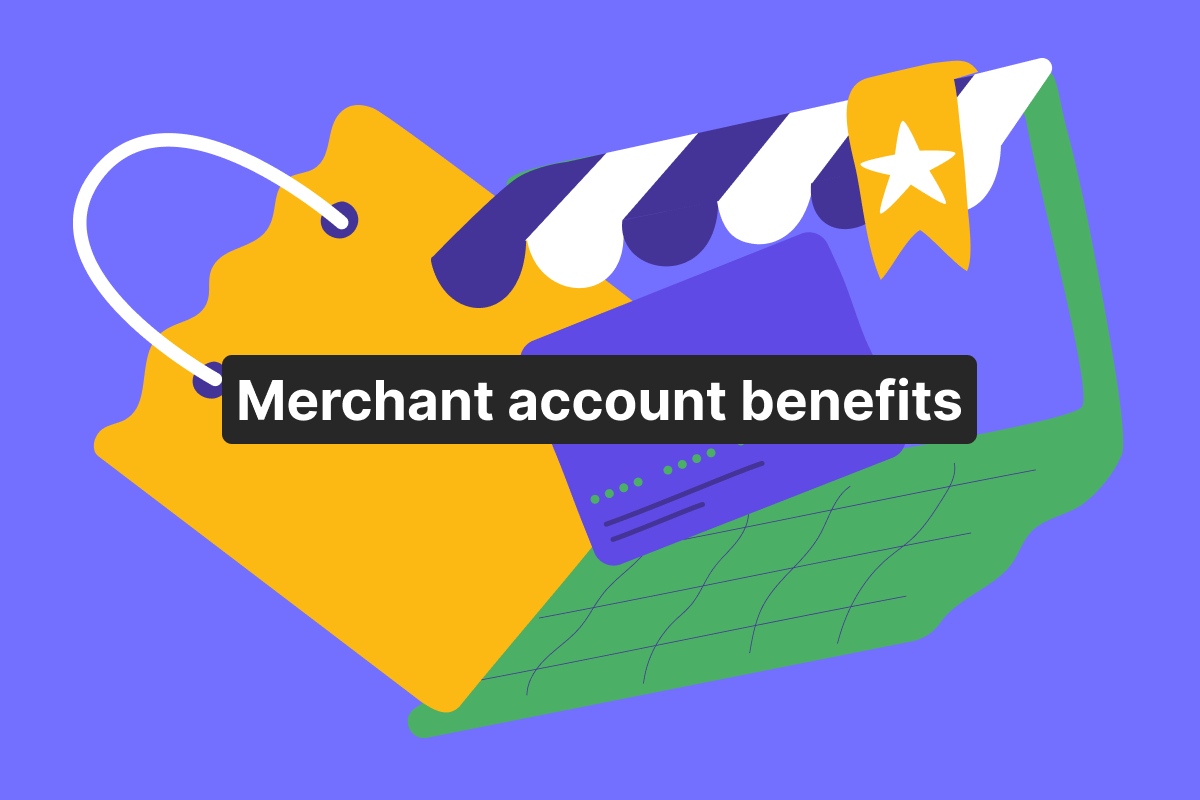Financial institutions and regulators have always treated gambling with caution, but scrutiny of gambling-related transactions has really ramped up in the last decade.
This shift is driven by concerns over money laundering and other potential criminal activities, leading to increasing regulatory pressure across jurisdictions worldwide. As a result, traditional banks may flag or even block certain transactions associated with online casinos, sports betting, or other forms of gambling.
The regulatory environment is different from country to country, but the core problem they are designed to solve is similar:
Legal. Some countries have banned any gambling practices, while others largely restrict their online aspects. Even legal gambling operators must navigate a patchwork of licensing and financial laws, particularly in terms of transactions and taxation.
Health. In some jurisdictions, easy access to gambling is prohibited to prevent addiction and related mental health challenges.
Operational dilemma and financial well-being. Delays or rejections of gambling-related transactions can significantly disrupt the player experience and decrease the platform’s trust. On the other hand, in many jurisdictions, there are rules about spending limits on gambling to prevent overdrafts, debt, or simply losing all the money a player has.
So, why does it matter for online gaming and gambling companies? For such a company, it means that there are plenty of regulations to meet, a high-risk status for companies from the gambling industry, and a challenge in finding a bank account and a payment provider.
As an electronic money institution licensed and supervised by the Bank of Lithuania, Genome is well aware of the struggles iGaming companies can face when they are looking for a bank account to accommodate their needs and provide the best experience for clients.
Not only that, but we provide financial services for iGaming businesses, offering a full scope of features a company in this sphere might need:
Our payout API is built for high-volume iGaming transactions, making mass payouts fast, accurate, and easy to manage. With simple integration into existing accounting systems, you can automate and streamline payment processing for players and partners effortlessly.
You can handle thousands of iGaming transactions at once with our batch transfer feature, capable of processing up to 3,000 payments in a single go. Accept deposits via open banking and ensure quick, reliable payouts while maintaining full compliance with industry standards.
Not only that, but we also allow moving funds across the EU smoothly with SEPA Instant and Credit Transfers. With us, you can manage iGaming expenses with ease by issuing virtual Visa cards – your first 100 cards cost just 1 EUR each.
Can you use a bank account for gambling?
Yes, some financial institutions enable individuals to use their bank accounts for online gambling and iGaming. The situation is a little more complicated for companies that need an iGaming bank account to conduct such operations, but generally, there are providers that offer such accounts.
The gambling-related payments are flagged by financial institutions using Merchant Category Codes (MCCs). These are four-digit codes assigned to identify the nature of a merchant’s business.
Gambling operators typically fall under MCCs such as 7995 (betting/casino gambling) or 7800/7801 (government-licensed lotteries).
These codes allow for monitoring, restricting, or reporting gambling transactions for compliance and risk management purposes.
The account limitations can vary by provider. Ultimately, the decision on whether to allow a gambling transaction or not lies with the payment processor or a bank account provider. This decision is based not only on the regulatory environment and rules set by regulators but also on the institution’s own risk policies and customer protection measures.
In accordance with regulator policies, some banks may:
Allow unrestricted gambling payments, provided the operator is licensed and regulated, and the bank’s client is protected by two-factor authentication, which ensures the transaction is legitimate.
Block transactions flagged under gambling MCCs to limit exposure to regulatory or reputational risk.
Place spending caps or enhanced verification requirements for gambling-related payments.
All these factors create friction for both users and iGaming platforms, which rely on consistent transaction approval and settlement. It is why choosing the right bank account that complies with regulations while providing essential online gaming financial services is essential for such companies.
Can banks block gambling transactions?
As we have mentioned before, banks or payment providers can detect online gambling-related transactions through Merchant Category Codes (MCCs). The codes are industry-standard identifiers assigned to each merchant by card networks.
Here’s an example:
A bank detects a transaction to an unknown company with codes such as 7995 (betting) or 7801 (government-licensed casinos). In that case, it already knows that it is a gambling-related event, even without any details, and yes, it can be blocked accordingly.
Financial institutions have a range of measures to manage gambling transactions based on regulatory requirements, risk appetite, and customer protection strategies:
Automatic blocks for minors. Accounts held by users under 18 are typically hard-blocked from completing any gambling transactions. This is a non-optional, compliance-driven safeguard.
Opt-in controls for adults. Some banks and providers offer tools that allow adult users to self-restrict gambling payments. These may include voluntary spending caps, cooldown periods, or full opt-out mechanisms that block gambling MCCs entirely.
Internal risk filters. In higher-risk regions or for certain account types, banks may deploy stricter controls, automatically declining transactions flagged as gambling-related, regardless of customer settings.
How effective are these blocks?
Blocking payments based on Merchant Category Codes (MCCs) is usually effective for legitimate, licensed gambling operators, such as online casinos, sportsbooks, and lotteries. When a gambling merchant is correctly categorized, these blocks stop the payment from going through entirely. However, the system becomes less reliable if gambling businesses are misclassified or deliberately hide behind different MCCs, which is common with illegal or unlicensed operators.
This is why bank account providers for online casinos and gambling sites can utilize additional tools for better compliance with iGaming regulations and promote safer gambling practices. For individuals who want to pay online gambling companies’ websites, such bank account features include instant spending alerts, the option to set personal gambling limits, cool-off periods, or full gambling bans.
Common limitations of gambling blocks
While MCC-based gambling blocks are crucial when compliance is involved, financial institutions usually rely on more than one tool inside a gambling business bank account they provide. Also, businesses and financial institutions should be aware of the following limitations:
MCC loopholes
Some gambling-related merchants may register under incorrect or non-gambling MCCs, intentionally or due to poor classification, allowing transactions to bypass standard blocks.
Limited scope across payment channels
Most gambling blocks are only effective on card-based payments. They do not typically cover bank transfers, e-wallet funding, or cryptocurrency transactions, which can be used as alternative funding paths.
Lack of cross-account enforcement
When users switch cards, change banks, or open new accounts, previously applied gambling restrictions are often lost. This reduces long-term effectiveness unless blocks are enforced at the platform or network level.
Reliance on user action
Many systems, especially opt-in controls, depend on the user to activate or maintain the block. Without persistent default settings or reinforcement, users may bypass safeguards when motivation wanes.
Minimal impact on unlicensed or offshore operators
These operators may intentionally obfuscate their merchant coding or use intermediaries, making them harder to detect through conventional MCC filtering alone.
Why have a separate bank account for gambling?
Critical for businesses
Licensed gambling companies are often required by regulators and even their payment providers to keep different bank accounts for different types of money – one for running the business (operational costs), another for holding players’ deposits and winnings, and sometimes a separate one for handling payment settlements.
Not only does a separate business bank account protect players’ money, but it is also necessary for compliance reasons, allowing iGaming businesses to stay transparent.
Financial clarity
Separating gambling-related transactions from day-to-day banking is more secure, healthier, and provides more apparent financial oversight. Whether for individuals or businesses, isolating these activities helps prevent confusion, such as mixing spending with essential obligations (like rent and utilities).
Budgeting and limits
A dedicated account can serve as a built-in budgeting mechanism. Losing money isn’t ideal, but in the worst-case scenario, you can lose funds that you can afford to lose due to poor financial management.
Self-discipline and control
Restricting access to additional funds – such as savings or especially credit – via a separate account can help reinforce healthy financial habits and save money. This approach aligns well with responsible gambling practices and industry recommendations.
What to consider when choosing a bank for a gambling account?
Opening a gambling-related bank account isn’t always straightforward. Here are the main things you need to consider.
First and foremost, most financial institutions classify gambling businesses and gambling activity as high-risk. It means that, to open an account, you will need to pay higher fees and provide more information about your business.
Not to mention that licensed operators must comply with a more complicated onboarding, documentation, and ongoing monitoring to meet regulatory standards.
Some of the other challenges include application rejections, higher service fees, and limited banking availability, especially in cross-border or digital-first gambling markets.
Still, if your gambling company is looking for a financial provider, we recommend Genome! We offer a comprehensive range of services designed to streamline operations, including batch transfers for efficiently handling large-scale customer-to-business (C2B) and business-to-customer (B2C) transactions.
With SEPA Instant Transfers, businesses can move funds across the SEPA zone within seconds, ensuring fast and seamless payments. You can also order physical Visa debit cards or issue hundreds of virtual debit cards to cover all your business expenses and operational needs.
To enhance payment tracking, we provide advanced real-time notifications via API, instantly alerting companies about all incoming C2B payments.
With Genome, iGaming businesses can manage financial operations more efficiently while staying compliant with the latest regulatory requirements.






